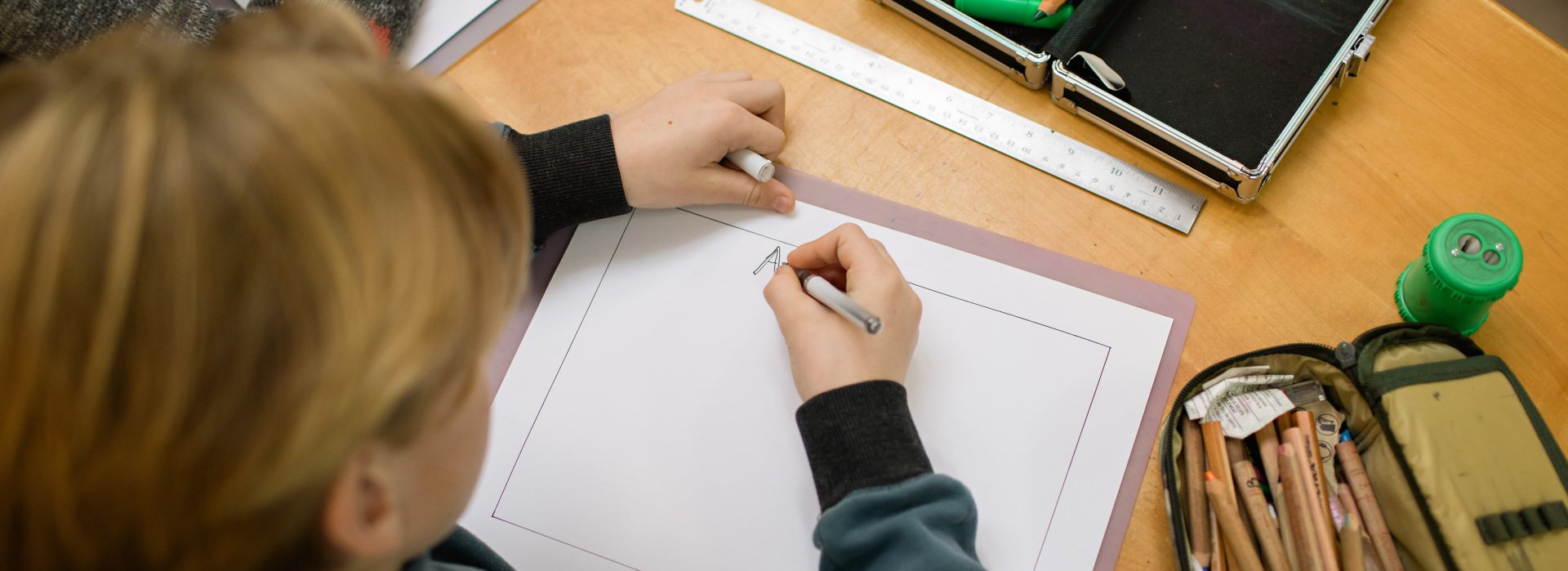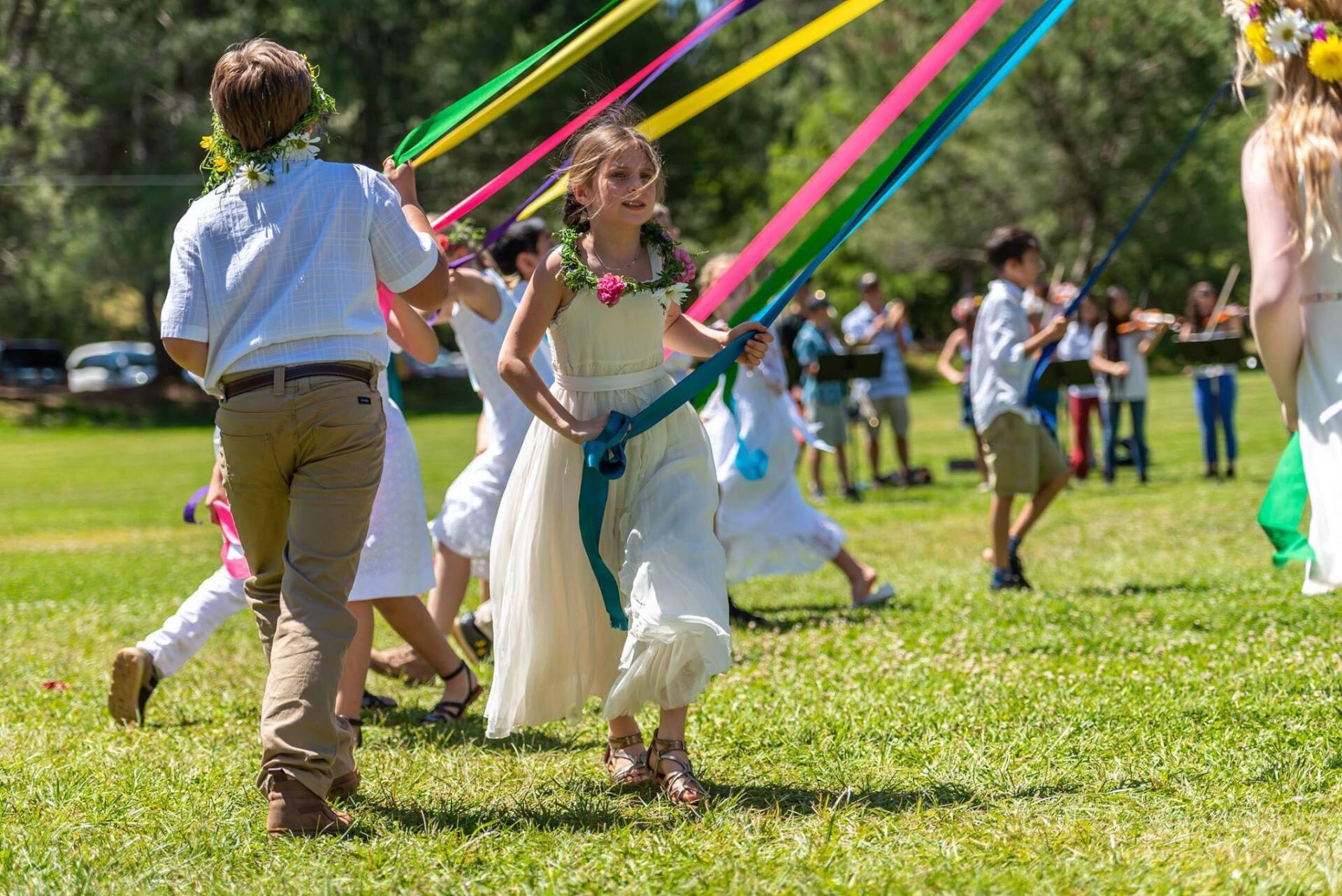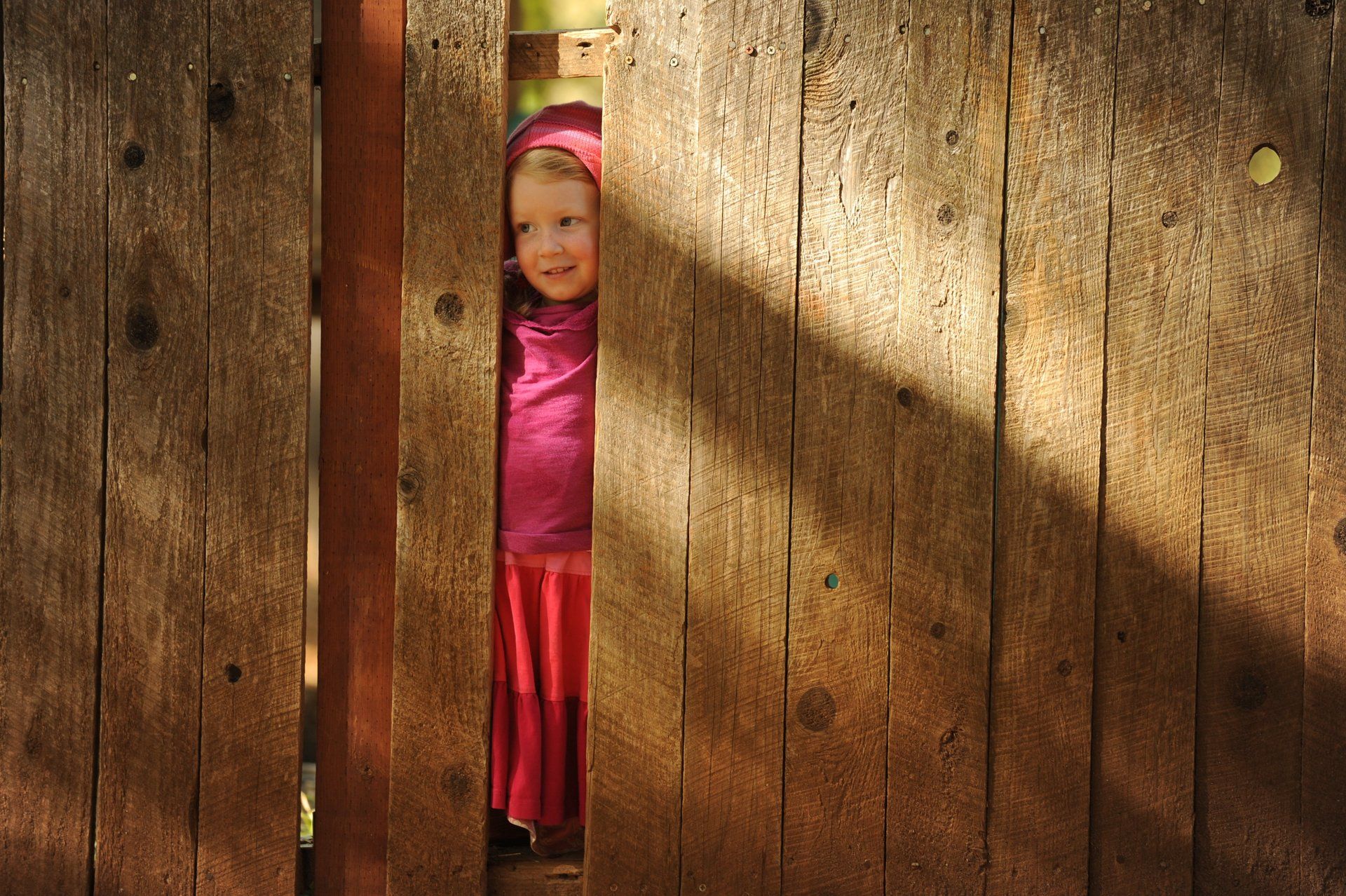Blog Post
What does choleric mean in Waldorf schools?
Rev Bowen • Nov 16, 2020
The Choleric by Rev Bowen

With a fiery will, the choleric temperament wants to take charge of situations and to lead groups toward a goal--that "goal" being the choleric's vision or solution. The choleric has little time to debate. It does not need to hear everyone else's ideas. It does not need to spend time away from the world in contemplation. It is aimed at action and once it has seen a goal, whether it is a tug-of-war game or to summit Denali, it sets all its efforts an achieving it and will doggedly adhere to this goal, persevering through great hardships if needed. After all, such challenges only reveal the great power and virtue of such a being. The choleric temperament will speak its mind, sometimes with painful and unsympathetic candor. It will not even consider backing down from confrontations, and sometimes seeks them with relish. The choleric finishes every task, usually as fast as possible. Was it beautifully done? The choleric does not need it to be beautiful; it just needs to complete the task. Was it the wisest course of action? The choleric does not take the time to consider this for there are now other tasks and the choleric struggles when idle. It feels that time is lost, that one is only worth what one does, that the sense of self and purpose is only found in action. The choleric will often work harder not smarter.
Much of this picture above is a caricature. The stereotypical bully or stubborn leader comes to mind. The self-righteous brute might even arise in our minds. This is the immature version, of course. We can usually spot this in people around us and, if we are honest, it can arise within our own souls if not in our actual behaviors.
The mature choleric is a true leader, balanced by the influences and tendencies of all the temperaments. It sees the vision, and even allows for input and buy-in from the group. It allows time for contemplation so that we work "smarter not harder", but it does not allow for contemplations to lead to inactivity. It does not allow for the group process to supersede the need to actually accomplish the goals at hand. The choleric can pull others along and indeed blaze the path. It never sees obstacles, only the next challenge. It relishes the idea that there are things to be overcome. It sees that when we face challenges together, we not only become stronger individually, but as a community. The choleric, fully matured, puts all of its fiery power and will into service, balanced between self and others. This is the one who always makes it to your birthday dinner. This is the one who would not let you give up on some dream. This is the one who volunteers at the community soup kitchen. This is the one who never lets the weather ruin a good camping trip. When in service, the choleric does not want to burn through those who have different ideas; they want to light the fire of inspiration so that we can all accomplish something together.
The world needs mature choleric temperaments. But what can balance the immature choleric?
Share
Tweet
Share
Mail

By Rev Bowen
•
16 Jan, 2021
What happens when we hear a story? If our inner wills are strong, if our feeling life is flexible and rich, then we engage in a very important "thinking" activity: we imagine. This is not the same as fantasy or whimsical fancy. This is not mere creativity. Nor is this the same as intellectualizing. Thinking is not the means to simply acquire knowledge.

By Rev Bowen
•
20 Dec, 2020
For the young person, this mystery can be overwhelming. If we do not endeavor to help young people learn about their feelings and how the feeling life works, then we leave them like rudderless rafts on a rising river. Teachers and parents can help children learn how to affect their feelings so that they can strive toward equilibrium when they need to do so. This starts at the very beginning.
To Learn More, Contact Us:
Thank you for contacting us.
We will get back to you as soon as possible.
We will get back to you as soon as possible.
Oops, there was an error sending your message.
Please try again later.
Please try again later.
Contact Info




This site is not a part of the Facebook website or Facebook Inc. Additionally, this site is NOT endorsed by Facebook in any way. FACEBOOK is a trademark of FACEBOOK, Inc.










